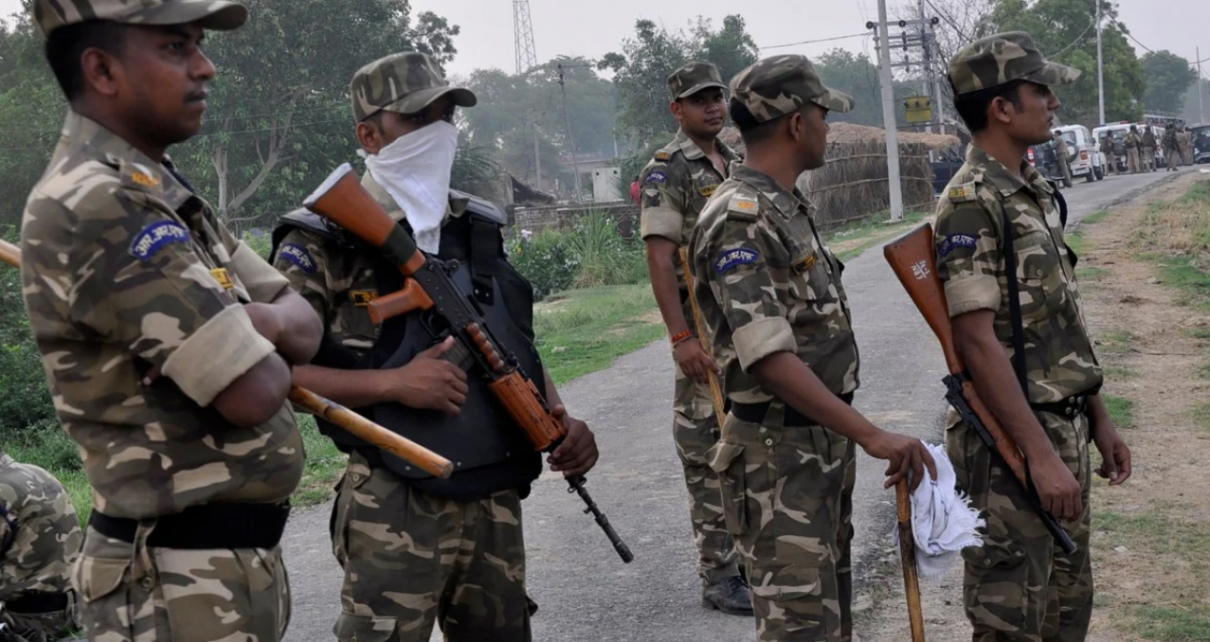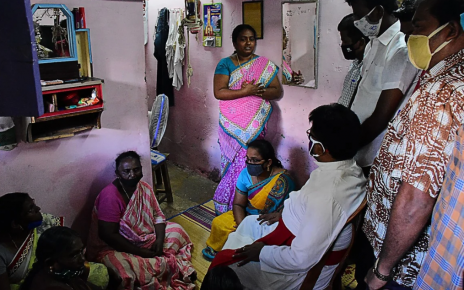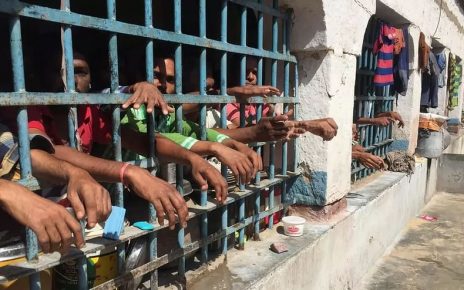South China Morning Post
09 July 2020
By Vasudevan Sridharan
- Bennicks Immanuel and J Jayaraj died from their injuries after allegedly being tortured following their arrest for breaking coronavirus lockdown rules
- Activists say theirs were just two of many deaths in police custody in India, raising questions over police brutality, impunity and the need for reform
The deaths of an Indian father and son in police custody last month that drew parallels to the killing of George Floyd in the United States has sparked debate in India over law enforcement accountability, with activists calling for immediate police reform.
Bennicks Emmanuel, 31, and his 59-year-old father Jayaraj were arrested on June 19 for keeping their mobile phone accessories shop open past the permitted hours in the southern state of Tamil Nadu, where a coronavirus lockdown was in place. Within four days, both were dead after allegedly receiving brutal beatings that led to rectal bleeding.
Federal officers from India’s Central Bureau of Investigation have now taken over the case at the request of the state government, with the promise of behavioural correction workshops being set up for Tamil Nadu police with questionable track records.
But with an average of five people per day dying in custodial deaths last year, according to Indian NGO collective the National Campaign Against Torture (NCAT), activists are calling for more to be done to hold those responsible for the deaths to account.
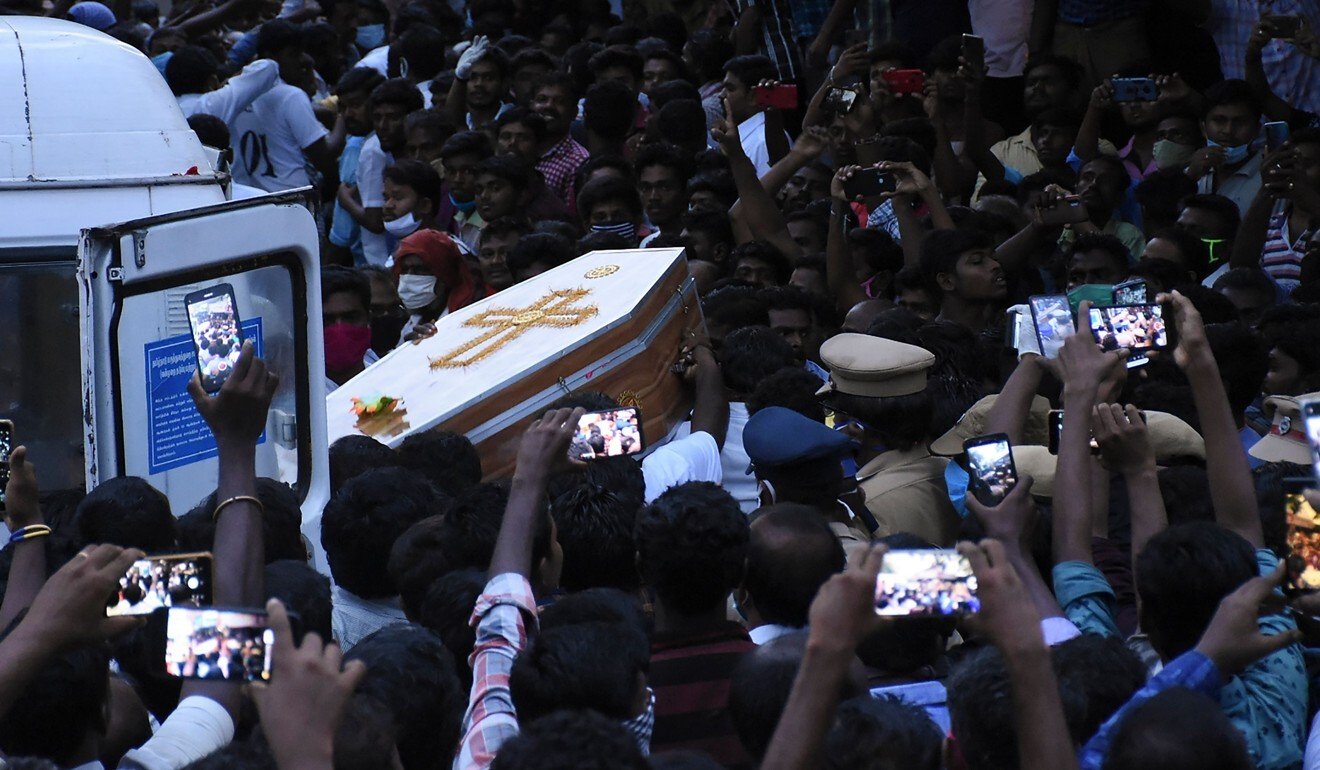
A disproportionate amount of the country’s police custodial deaths in 2019 were members of marginalised communities such as Muslims and Dalits, NCAT says, with as many as 75 per cent of the deaths in police custody showing signs of torture. What’s more, these figures are only thought to be the tip of the iceberg given reporting gaps caused by poor documentation, fear of persecution and a lack of public awareness, as well as other factors.
A disproportionate amount of the country’s police custodial deaths in 2019 were members of marginalised communities such as Muslims and Dalits, NCAT says, with as many as 75 per cent of the deaths in police custody showing signs of torture. What’s more, these figures are only thought to be the tip of the iceberg given reporting gaps caused by poor documentation, fear of persecution and a lack of public awareness, as well as other factors.
Between 2000 and 2018, just 1.5 per cent of India’s deaths in custody resulted in a conviction, with no police officer being successfully prosecuted for a custodial death since 2011, as per the figures of the National Crime Records Bureau.
The government wants the criminal justice system to collapse so they can take advantage of it
One stumbling block is the requirement for any prosecution of a police officer to be officially sanctioned by the government before it goes ahead. Avinash Kumar, executive director of Amnesty International India, said “immediate reform” was needed of the country’s Code of Criminal Procedure to remove this “prior sanction” requirement that stymies and delays prosecutions, adding that “India must sign the UN Convention against Torture”.
The United Nations convention, which went into effect in 1987, was signed but never ratified by India – making it one of only a handful of countries not to do so.
There is also little desire among those in government to change the status quo, according to Dr Murali Karnam, a researcher on human rights and India’s penal system at the National Academy of Legal Studies and Research University of Law in Hyderabad.
“The government wants the criminal justice system to collapse so they can take advantage of it through techniques like ‘fake encounters’,” he said, referring to widespread allegations in India that the police cover-up extrajudicial killings by staging them to look like self defence.
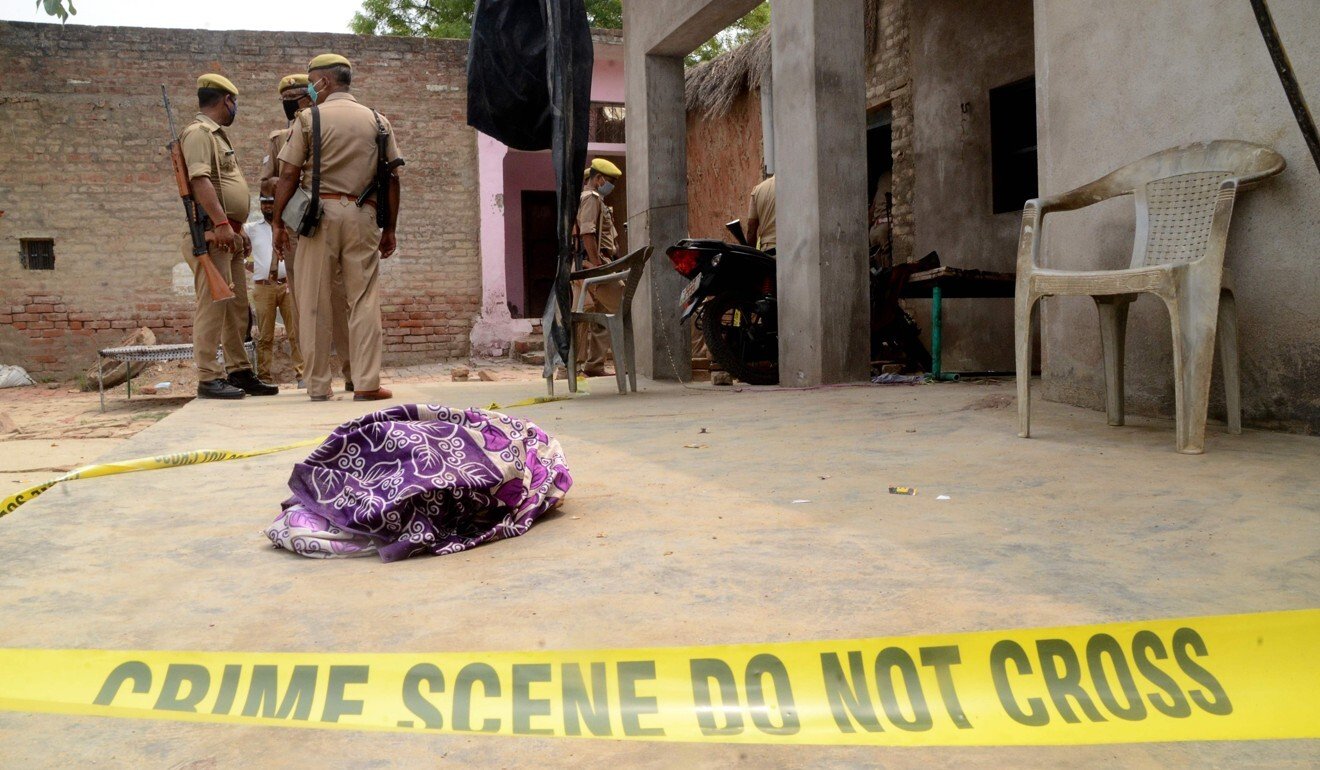
“They [the police] are the judges in their own cases. Who is policing the police? An overwhelming majority of complaints are termed false cases and dismissed in the initial stages itself.”
On Monday, a community policing initiative known as Friends of the Police was suspended in Tamil Nadu amid allegations that volunteers from the organisation were involved in last month’s deaths. In the neighbouring state of Karnataka, a group of former police chiefs and jurists have grouped together to demand proactive measures be taken and police officers receive periodic training.
Before the Madras High Court intervened, there had allegedly been attempts to cover up the incident, with witnesses being browbeaten and members of the lower judiciary reportedly put under pressure.

